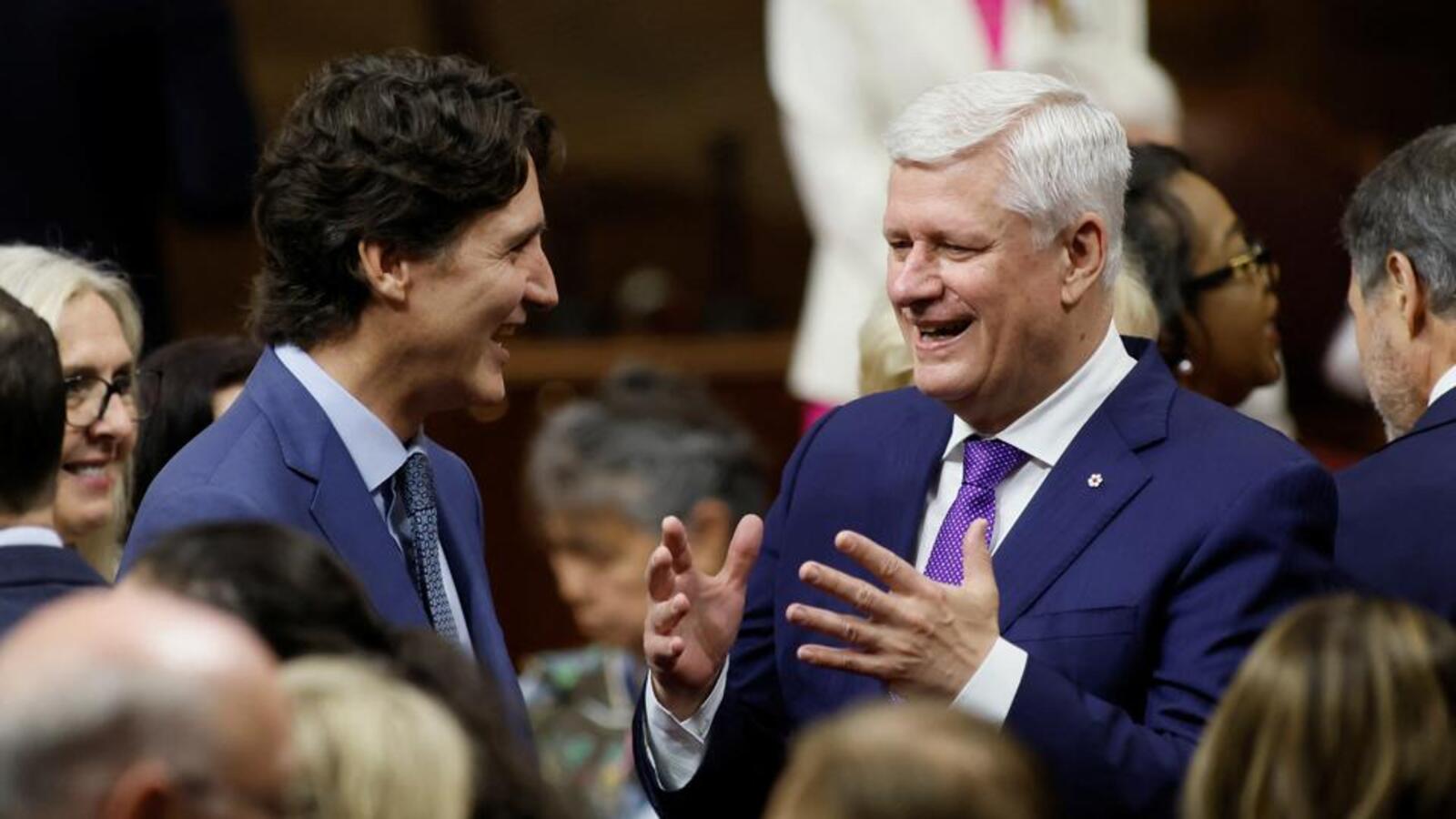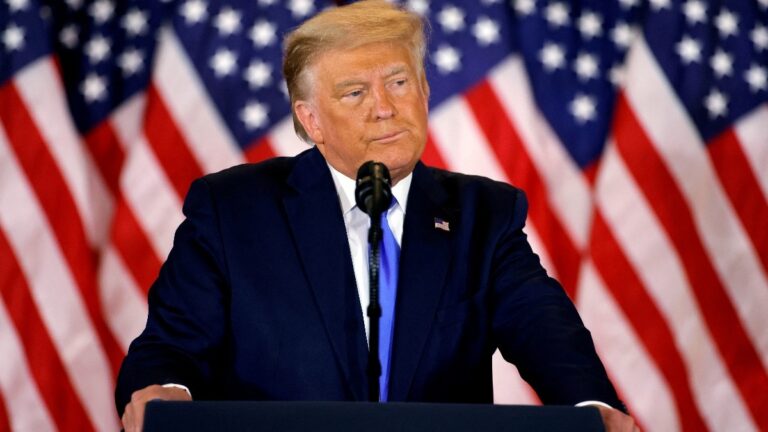Former Canadian PM Stephen Harper Urges Parties to Cut Ties with India’s Separatists Amid Rising Tensions
Former Canadian PM Calls for Political Parties to Cut Ties with Khalistani Separatists Targeting India
Toronto: In a significant political address, former Canadian Prime Minister Stephen Harper has urged Canada’s political parties to terminate any association with separatist organizations that threaten India. Harper’s remarks were made during the 5th Canada-India Charity Gala organized in Brampton, where he received the Global Impact Award. His comments come amid a backdrop of increasingly strained Canada-India relations.
A Call for Unity and Political Responsibility
At the gala, Harper emphasized that to foster a strong relationship between Canada and India, political parties must sever ties with groups advocating separatism. “Canada cannot have that strong relationship unless the governing party, and frankly, any political party that aspires to government, severs relations with those who seek to bring the battles of India’s past to Canada,” he stated passionately. This appeal points to a growing concern within Canadian politics regarding the influence of the Khalistani movement, which advocates for a separate Sikh nation.
The Khalistani movement has been categorized as a fringe ideology according to Harper. He noted that it doesn’t represent the broader Indo-Canadian community or even the Sikh community in Canada. During his time in office, Harper claimed that there was a clear understanding among his party members to avoid any engagement with Khalistani activists.
Context of Rising Tensions Between Canada and India
Relations between Canada and India have faced a downturn since a statement made by current Prime Minister Justin Trudeau on September 18, 2023. Trudeau alleged that there were “credible allegations” connecting Indian agents to the assassination of Hardeep Singh Nijjar, a prominent pro-Khalistani advocate who was killed in June in Surrey, British Columbia. India swiftly repudiated these accusations, labeling them as “absurd” and “motivated.”
This diplomatic spat highlights the complexity of Canada’s multicultural identity, where divisions sometimes arise based on ethnic and national loyalties. Harper’s stance indicates a push for political accountability among parties that may seek to capitalize on divisive sentiments for electoral gains.
Historical Context and Past Controversies
This is not the first time Harper has taken a firm stance against the Khalistani movement. In earlier speeches, he has called on the Canadian government to avoid nurturing divisive groups that may undermine Canada’s unity. Notably, in July 2019, at a Canada India Foundation event, he reiterated his administration’s firm stance against such movements, indicating that the Canadian political landscape must not harbor ideologies steeped in historical conflict.
Harper’s tenure as Prime Minister from 2006 to 2015 included significant actions regarding the Khalistani issue. He established a Commission of Inquiry into the 1985 bombing of Air India Flight 182, which was the worst terrorist attack in Canadian history, resulting in 329 fatalities. This historical backdrop adds weight to his current position regarding the necessity of disassociating from separatist sentiments in Canada.
The Way Forward: Politics, Community, and International Relations
Harper’s advocacy for political parties to distance themselves from pro-Khalistani elements isn’t merely a critique; it’s a call for a unified approach to international relations with India. He expressed his hope that all political factions in Canada will adopt a policy that prohibits contact with these separatist elements.
He stated, “There is no reason why countries like Canada and India cannot be those enlightened voices working together, which we can do and should do by putting our recent disputes behind us.” This sentiment is crucial, as it underscores the potential for collaboration between two democracies that share common values despite the turbulence of recent allegations and controversies.
Conclusion: The Challenge of Multiculturalism in a Global Context
As Canada grapples with its multicultural identity, the challenges posed by separatist movements require careful navigation. Leaders like Stephen Harper urge political accountability and unity to avoid the resurgence of historical conflicts on Canadian soil. The political landscape is evolving, and how Canadian parties respond to the complex interplay of ethnicity, identity, and global relations will undoubtedly impact not just the Canadian populace but also its standing on the world stage.
With the world watching closely, the call for a more cohesive and responsible political discourse may pave the way for a new chapter in Canada-India relations—one that embraces diversity while firmly rejecting extremism.




![<pre>PayloadTooLargeError: request entity too large<br> at readStream (/var/app/current/node_modules/raw-body/index.js:163:17)<br> at getRawBody (/var/app/current/node_modules/raw-body/index.js:116:12)<br> at read (/var/app/current/node_modules/body-parser/lib/read.js:79:3)<br> at jsonParser (/var/app/current/node_modules/body-parser/lib/types/json.js:138:5)<br> at Layer.handle [as handle_request] (/var/app/current/node_modules/express/lib/router/layer.js:95:5)<br> at trim_prefix (/var/app/current/node_modules/express/lib/router/index.js:328:13)<br> at /var/app/current/node_modules/express/lib/router/index.js:286:9<br> at Function.process_params (/var/app/current/node_modules/express/lib/router/index.js:346:12)<br> at next (/var/app/current/node_modules/express/lib/router/index.js:280:10)<br> at expressInit (/var/app/current/node_modules/express/lib/middleware/init.js:40:5)</pre>](https://ouat.co.in/wp-content/uploads/2025/06/2233-768x403.jpg)

